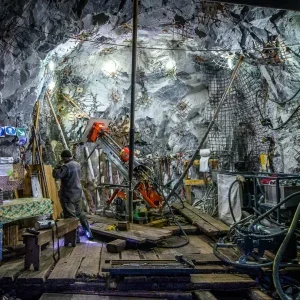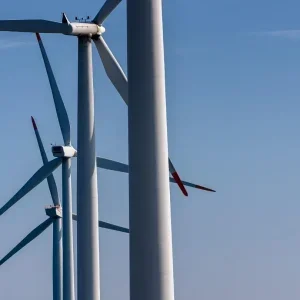Vattenfall has suspended its plans for the CCS demonstration project Jänschwalde. The company sees itself as being forced into this by the onging impasse in finalising German CCS law. The end of the planned 1.5-billion-euro investment was announced today after a Supervisory Board meeting of Vattenfall’s European mining and generation divisions on 7 December. The EU-funded project was scheduled to go into operation in 2015/16 and demonstrate CCS technology for the first time in any significant size of power plant.
“We have unfortunately concluded that in the German Federal policy currently there is not sufficient will to implement the European Directive to ensure that a CCS demonstration project in Germany would be possible,” said Vattenfall’s CEO Germany, Tuomo Hatakka. “This is a setback for innovation, climate change and the German economy.”
The first German CCS Act failed in 2009 to be passed by the German government and was abandoned. Two years later following rejection of the draft laws passed in the Bundestag by the Federal Council (on 23 September 2011) the Federal government invoked the mediation committee. This committee had by November twice postponed coming to a decision.
“For months, we have pointed out that we finally need legal clarity, and that the present CCS bill without substantial improvements is not likely to carry billion-dollar investment in the further development of this technology in Germany,” recalled Dr. Hartmuth Zeiss, head of the Vattenfall lignite sector. “Today, we find that our schedule is no longer observed.”
The development of CCS will continue nevertheless – even at Vattenfall. “CCS is and remains one of the key technologies for the global climate. Even if we do not realise our demo project now, we will continue to pursue CCS. This also applies to our purpose, in the 2020s, to build a new, Jänschwalde CCS power plant” said Mr Hatakka.
Vattenfall will continue to pursue the successful trial run in the CCS pilot plant in Schwarze Pumpe, supervise research and development in CCS and further continue to participate in European CCS projects. In particular, the expansion of a European transport and storage infrastructure is absolutely necessary from a corporate perspective.






